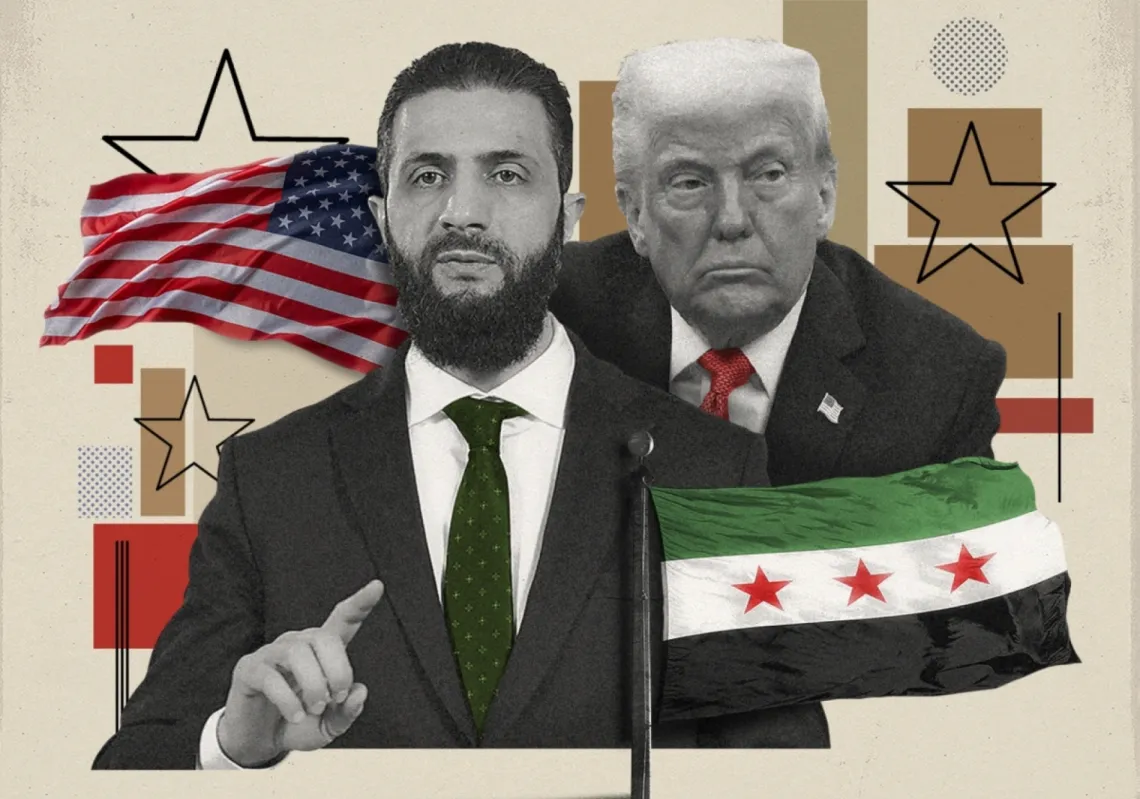At the Brussels Conference in March, US Deputy Assistant Secretary for the Levant and Syria engagement in the Bureau of Near Eastern Affairs, Natasha Franceschi, delivered a list containing eight key American demands to Syrian Foreign Minister Asaad al-Shaibani. According to Washington, these conditions must be fulfilled by the new Syrian government for the United States to recognise its legitimacy and begin easing sanctions—particularly the financial ones.
The Trump administration must engage more deeply and constructively on the issues that concern it with Syria’s new leadership. Broader political dialogue would not only support Syria in overcoming the complexities of its transitional phase but also help establish the foundations for long-term stability and national reconciliation.
The American demands touch on a series of sensitive and strategic issues that require thoughtful, negotiated responses and a calm political atmosphere. The Syrian government has approached them in this spirit.
First, the Syrian government has made lifting sanctions one of its highest priorities since its very first day in office. After more than six decades under the Assad regime—a dictatorship that inflicted immense suffering, loss of life, and economic destruction—the new leadership recognises that it cannot fulfil the aspirations of the Syrian people or meet international expectations as long as these sanctions remain in place.
The ongoing restrictions continue to strangle Syria’s economic recovery and limit its ability to implement meaningful reforms. At the same time, the new administration has made reengaging with the international community a central pillar of its foreign policy, aiming to rebuild Syria’s relationships across both the regional and global arenas.
Second, the government has prioritised restoring security and stability as strategic goals. These improvements are increasingly visible to both Syrians and foreign visitors in cities across the country. Despite suffocating financial constraints, the government is determined to expand spending on public safety and invest in human development.
In particular, it has made the safety of foreign visitors, especially US citizens, a matter of national concern. The government takes pride in the large number of Syrian-Americans who have maintained their ties to the homeland and now serve as an important bridge between the two societies. Accordingly, the Syrian government has placed high importance on resolving the cases of American citizens who have gone missing in Syria.














